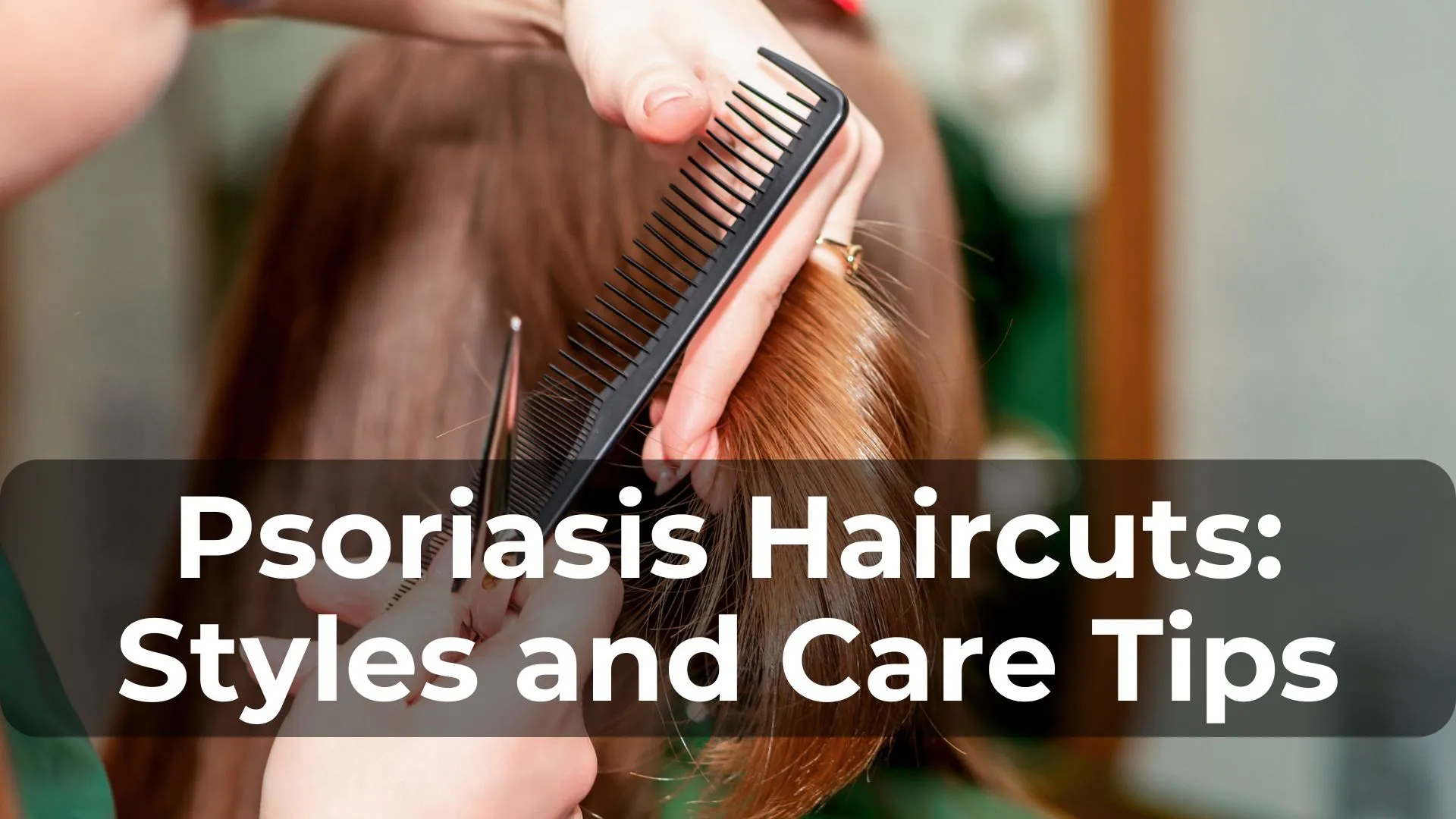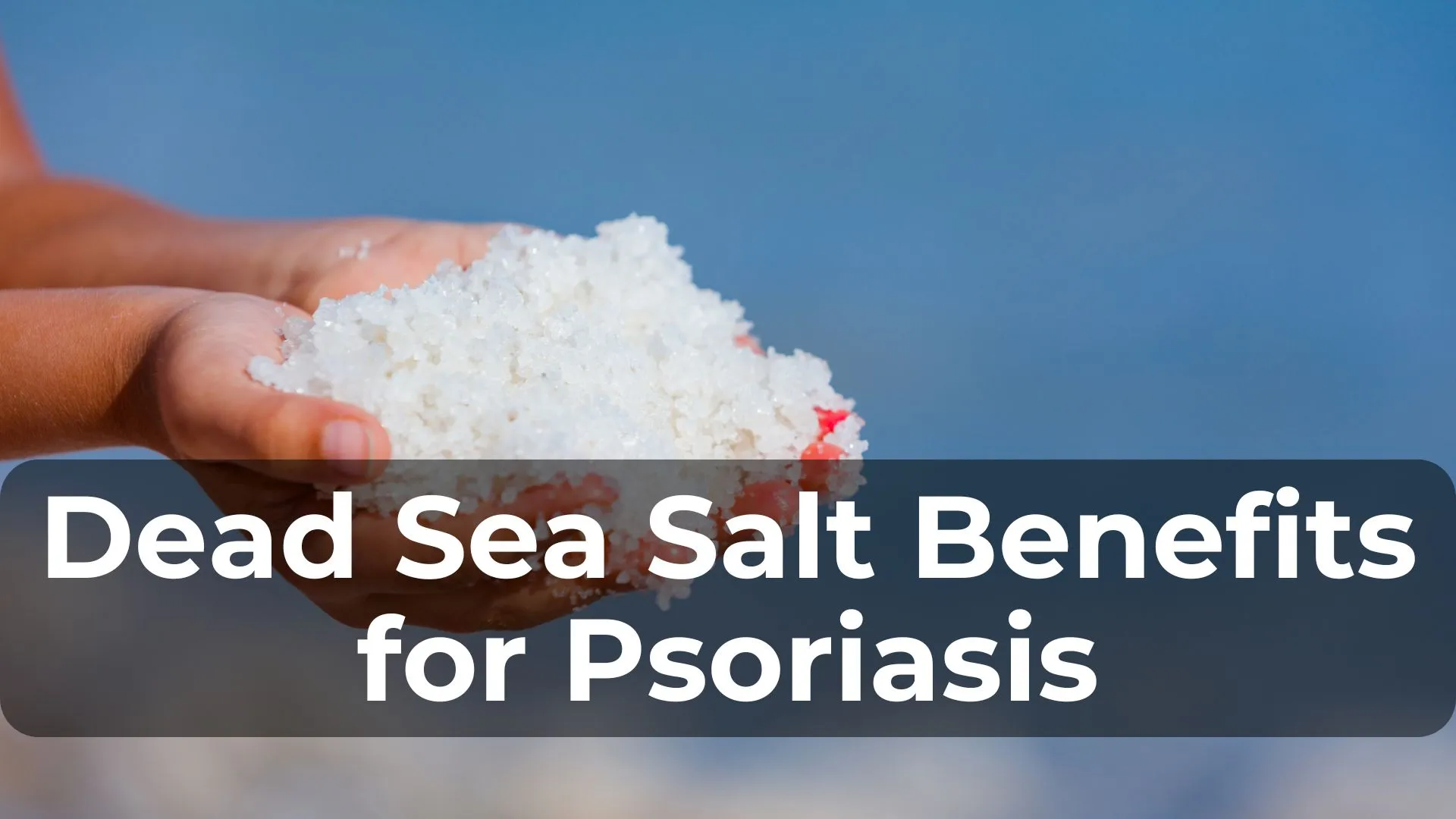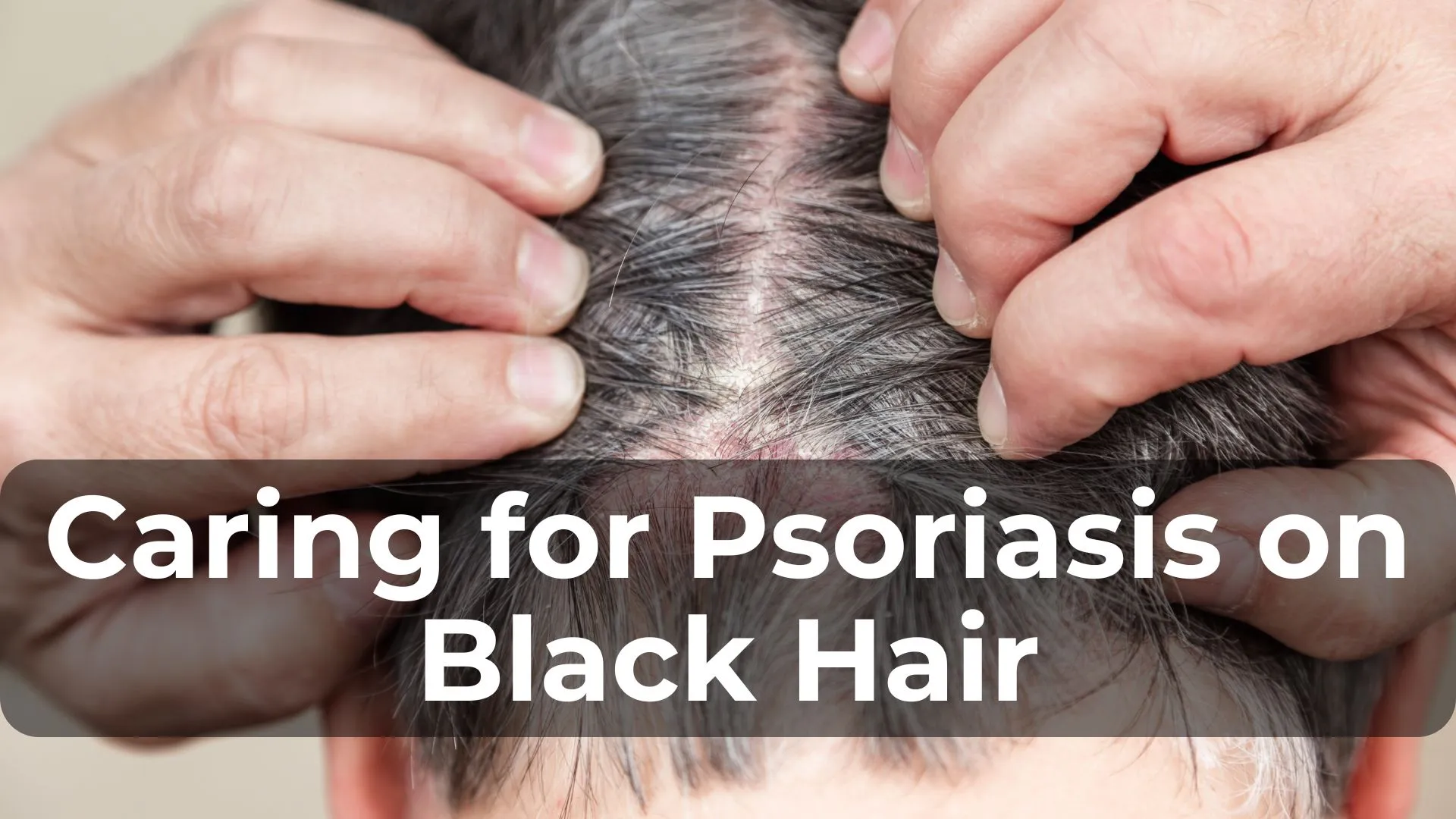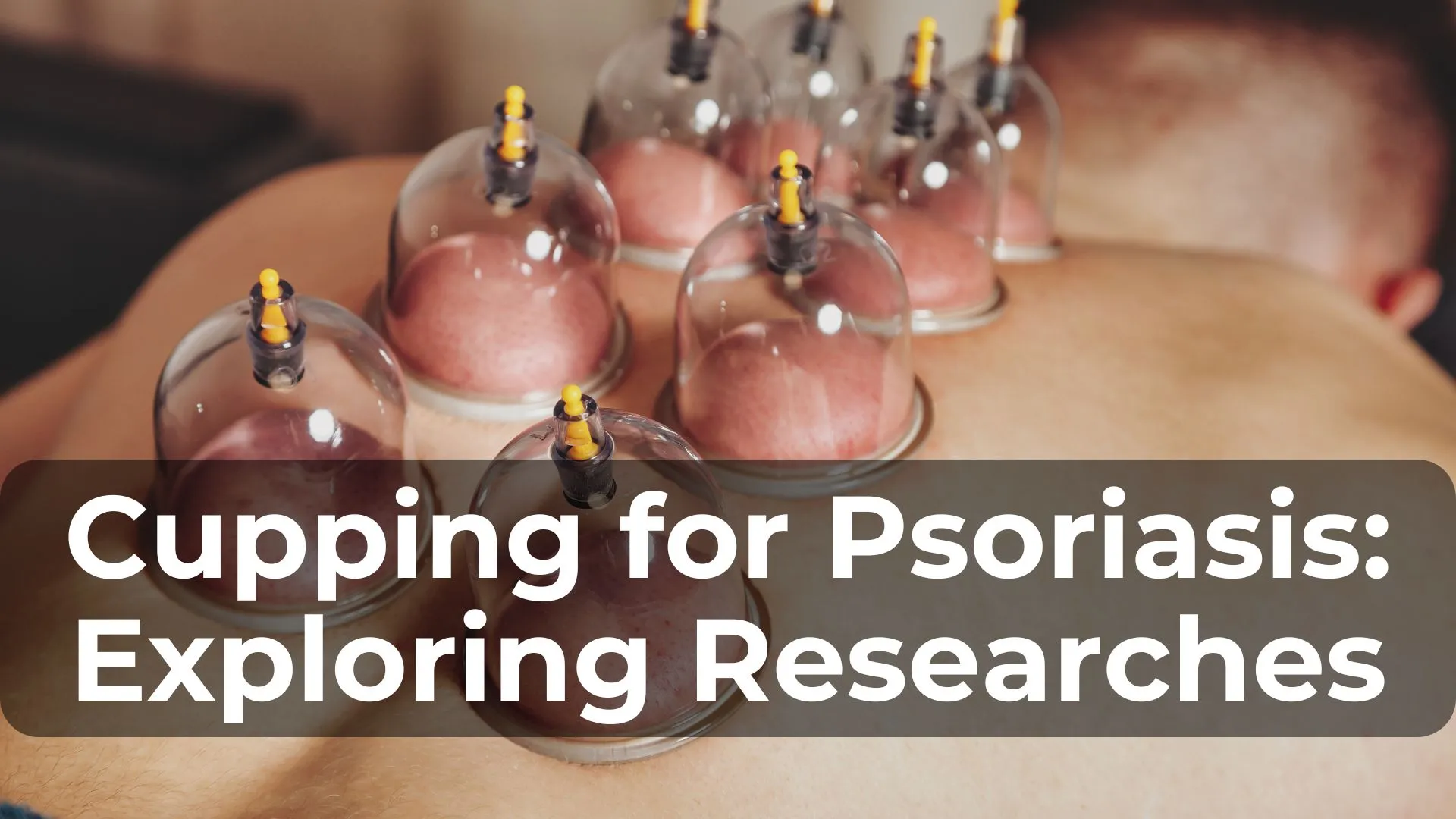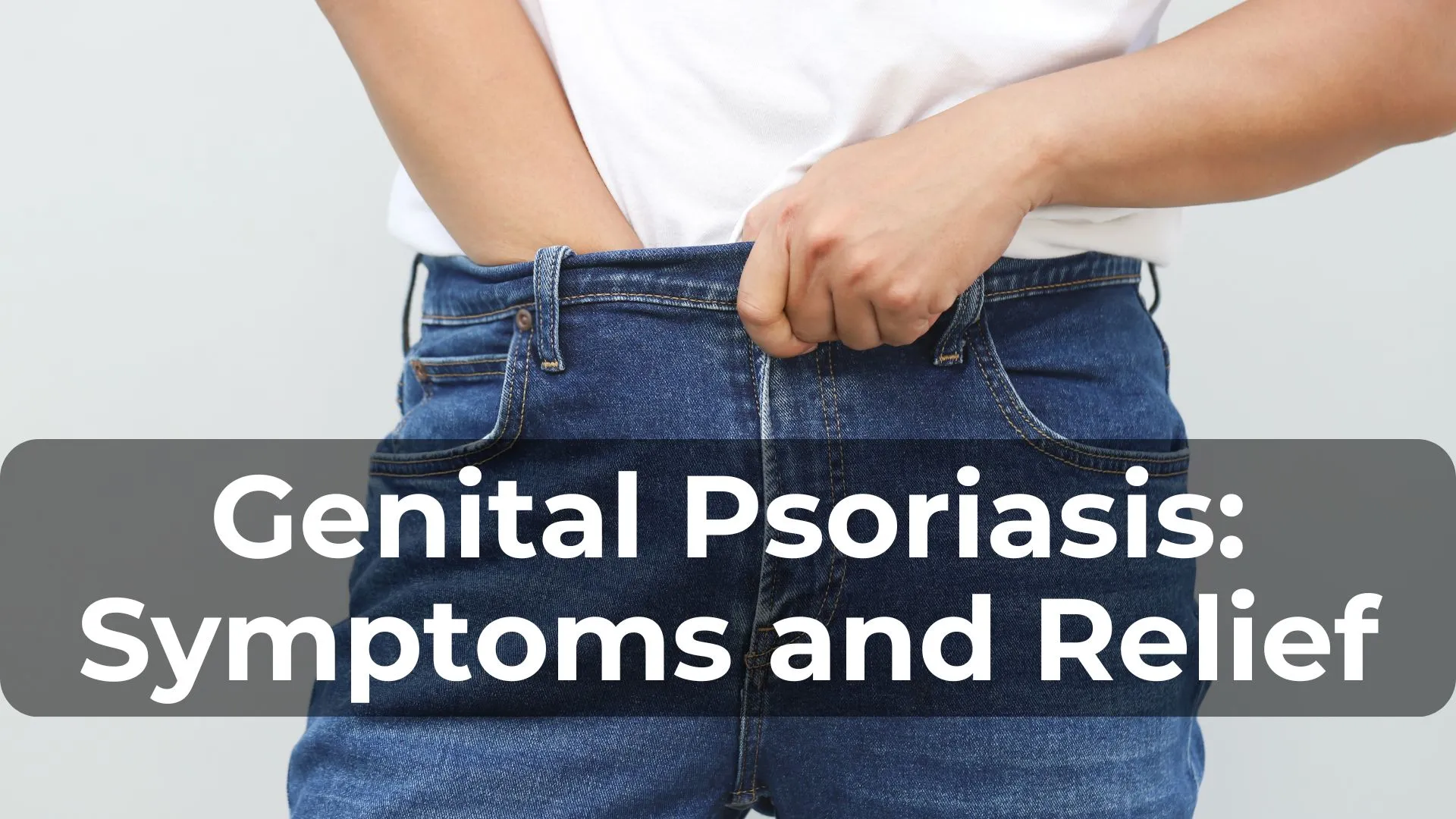
Genital psoriasis can be a particularly uncomfortable and challenging form of psoriasis to manage. Not only does it affect a highly sensitive area, but it also can have a significant impact on one’s quality of life. But don’t worry; you’re not alone, and there are ways to find relief. In this article, we’ll discuss what genital psoriasis is, explore various treatment options, and emphasize the importance of a holistic approach to truly address the root cause of the condition.
Table of Contents
ToggleWhat is Genital Psoriasis?
Genital psoriasis is a type of psoriasis that affects the skin around the genital area. It can present as red, inflamed patches that may itch, burn, or cause significant discomfort. This type of psoriasis can impact both men and women, making daily activities like walking, exercising, or even sitting quite painful.
Symptoms of Genital Psoriasis
The symptoms of genital psoriasis are similar to those of other psoriasis types but can be more intense due to the sensitivity of the affected area. Common symptoms include:
- Red, inflamed patches of skin
- Itching or burning sensations
- Discomfort or pain, especially during movement
- Cracking or bleeding skin in severe cases
Conventional Treatments
Managing genital psoriasis often requires a tailored approach due to the delicate nature of the affected area. Here are some common treatments:
- Topical Steroids: These are often prescribed to reduce inflammation and itching. However, long-term use should be avoided due to potential side effects.
- Calcineurin Inhibitors: Medications like tacrolimus or pimecrolimus can be effective alternatives to steroids for sensitive skin areas.
- Moisturizers: Keeping the skin moisturized can help reduce irritation and prevent cracking.
- Systemic Treatments: In severe cases, oral or injectable medications that work throughout the body may be prescribed.
While these treatments can provide relief and manage symptoms, true healing involves addressing the root cause of psoriasis. This means adopting a holistic approach that considers all aspects of health—physical, chemical, emotional, and spiritual.
A Holistic Approach to Healing Genital Psoriasis
Healing from genital psoriasis goes beyond just treating the symptoms. To achieve long-lasting relief, it’s essential to detoxify the body and restore balance. Let’s break down the holistic approach into its key components:
Physical Aspects
Regular Exercise Exercise is a cornerstone of good health and can significantly benefit those with psoriasis. Gentle activities such as yoga, swimming, and walking help reduce stress and improve circulation, which can aid in skin healing. Plus, regular physical activity boosts the immune system, which can help manage psoriasis flare-ups.
Sunlight Therapy Moderate exposure to sunlight can help improve psoriasis symptoms due to the natural ultraviolet (UV) light. UV light slows down the rapid skin cell turnover associated with psoriasis. However, it’s crucial to balance sun exposure to avoid sunburn, which can exacerbate symptoms.
Chemical Aspects
Dietary Changes Your diet can have a profound impact on psoriasis. Anti-inflammatory foods such as fruits, vegetables, nuts, and fish can help reduce inflammation and support skin health. Avoiding trigger foods like gluten, dairy, and processed sugars can also be beneficial.
Detoxification Detoxifying the body can help eliminate toxins that may trigger psoriasis flare-ups. This can include drinking plenty of water, consuming detoxifying foods like garlic and cilantro, and possibly engaging in supervised detox programs to cleanse the body naturally.
Supplements Certain supplements can support overall health and specifically aid in managing psoriasis. Omega-3 fatty acids, vitamin D, and probiotics are particularly beneficial. Always consult with a healthcare provider before starting any new supplement regimen.
Emotional and Spiritual Aspects
Emotional well-being is crucial in managing psoriasis. Stress, anxiety, and emotional distress can all trigger or worsen symptoms. Here are some ways to address the emotional and spiritual aspects:
- Stress Management: Techniques like meditation, deep breathing exercises, and mindfulness can help reduce stress levels and improve overall well-being.
- Counseling or Therapy: Speaking with a mental health professional can provide support and strategies for coping with the emotional challenges of living with psoriasis.
- Spiritual Practices: Engaging in spiritual practices such as prayer, journaling, or spending time in nature can provide a sense of peace and grounding.
Natural Remedies for Soothing the Skin
Natural remedies can be highly effective in soothing the skin and promoting faster healing. Here are some popular options:
- Aloe Vera: Known for its soothing properties, aloe vera can help reduce redness and inflammation.
- Coconut Oil: This natural moisturizer can help keep the skin hydrated and reduce flaking.
- Oatmeal Baths: Adding colloidal oatmeal to your bath can help relieve itching and soothe irritated skin.
- Tea Tree Oil: With its anti-inflammatory and antiseptic properties, tea tree oil can help reduce psoriasis symptoms. However, it should be used with caution and always diluted properly.
Sitz Bath for Genital Psoriasis Relief
One of the most soothing remedies for genital psoriasis itching is a sitz bath using antiseptic mouthwash like Listerine or Lavoris. Here’s how you can do it:
Preparation: Fill a small basin or an empty bathtub with lukewarm water.
Add Mouthwash: Mix in about one cup of antiseptic mouthwash.
Soak: Squat or sit in the mixture for 10–15 minutes. The antiseptic properties of the mouthwash help reduce irritation and itching.
Aftercare: Pat the area dry gently without rinsing. If you wish, wait 15–20 minutes before showering to lock in the soothing effects.
Conclusion
Genital psoriasis can be a tough condition to live with, but with the right approach, it’s possible to manage the symptoms and find relief. While conventional treatments can help reduce or hide symptoms, true healing involves addressing the root cause. A holistic approach, considering physical, chemical, emotional, and spiritual aspects, can bring about lasting relief. By making lifestyle changes, managing stress, and incorporating natural remedies, you can support your body in its journey toward recovery. Remember, you’re not alone, and there are resources and communities to support you every step of the way.


